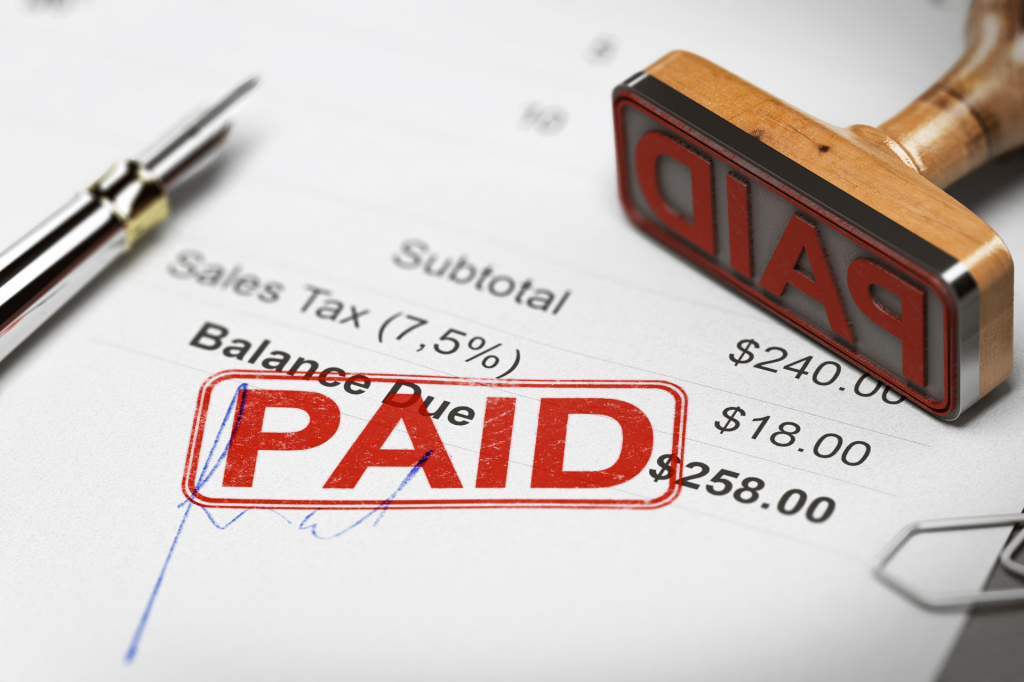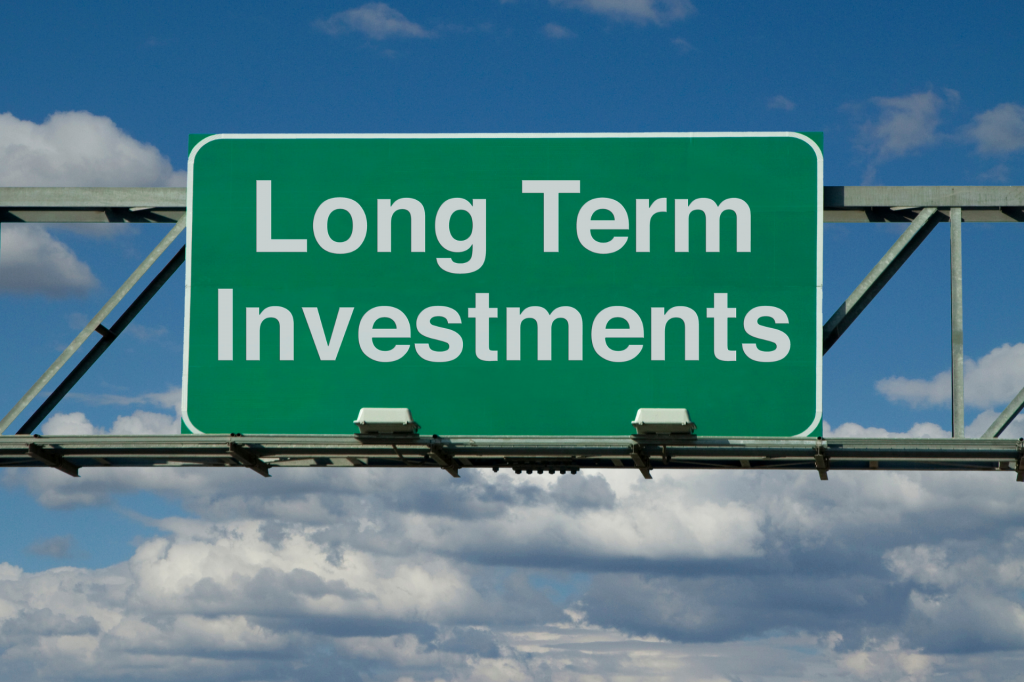A Look at Financial Planning for a Recession: How to Survive
In times of economic uncertainty, you might wonder how best to plan for your financial future. Where should you be investing your money, and what types of strategies will serve you best to help you maintain your finances and prepare for a potentially worsening situation?
No matter your situation or the state of the economy, financial planning is always a good idea. But investing in some financial planning can be particularly helpful in ensuring you’re able to hold on to your wealth and keep it secure during times of financial hardship. How can you adjust your finances now to protect against recessions in the future?
How do we define a recession?
The National Bureau of Economic Research defines a recession as a significant decline in economic activity felt throughout the entire economy. To be considered a true recession, this economic decline must persist for more than just a few months, and it must be noticeable in various segments of the economy, including employment, real income, GDP, wholesale-retail sales, and other areas. A true recession does not only affect one part of the market, and it does not bounce back quickly.
Causes of a recession can vary, but the primary trigger is typically a period of uncertainty that causes a drop in spending and purchasing. A recession can have a snowball effect on the rest of the economy, causing people to lose their jobs and homes. If you are lucky enough to avoid these direct consequences, you might still find that other aspects of your finances, like investments or your retirement accounts, may suffer.

Have a Plan
The simple truth is that having any kind of plan to prepare for a recession will put you ahead of most other people. Those without a plan are more prone to either over-react or under-react to changing market conditions, make short-term decisions, and second-guess themselves, which wastes valuable time and potentially causes more mistakes. Have a plan in place before a recession comes along so that you won’t have to spend time coming up with something when you could be implementing that plan instead.
Bump up your savings
When planning for a potential recession, the first step is always to bump up your emergency savings fund. During an economic downturn, cash is important, especially because investments and other sources of income may not be reliable. Experts generally recommend that you keep at least six months of expenses on hand in your emergency fund, so that you could cover all of your essentials during that time period—your mortgage or rent, utilities, food, household expenses, insurance, and long-term financial obligations like loan payments.
Take some time to calculate how much you will need for a six-month fund so that you have a goal to aim for. Keep in mind that it will take time to build up an emergency savings fund, but having one in place is essential for weathering a recession and coming out ahead. After meeting your six-month goal, you might aim even higher and try to save at least one year in expenses. The healthier your emergency fund, the better you will fare during a recession, especially if the worst happens and you lose your job.


Eliminate high-interest debt as soon as possible
Though relying on loans and credit cards is sometimes necessary and even useful in certain circumstances (such as buying a home or using a credit card for the rewards), debt can be difficult and expensive to manage during a recession. If your financial situation is already somewhat limited, high-interest credit card debt can feel almost impossible to manage. An important way to prepare for a potential recession is to start paying down that high-interest debt as soon as possible. This can reduce your monthly expenses and allow you to save more in your emergency savings fund at the same time.
Invest for the long term
When examining your investment portfolio, it is important to remember that many investments are long-term rather than short-term. The biggest mistake people make with their investments during a recession is trying to predict the market. If you’re preparing for a recession, take a “buy and hold” approach to your stocks—plan on owning those stocks for at least five years or more. Doing so will help protect you from some of the volatility that can occur in the short term during an economic downturn.
It’s also critically important to examine the diversity of your portfolio. Try to spread your investments out across many different types, mixing up stocks, bonds, fixed income funds, and other assets like real estate investment trusts (REITs) and exchange-traded funds (ETFs). There are several asset classes that often do not follow stocks and bonds movements, such as precious metals and commodities. Adding these asset categories for portfolio diversification is a key tool to minimize risks, and smooth out the cycles.

Be ready
Trying to predict the timing of a recession is nearly impossible, although you can bet that one will occur at some point. There have been multiple recessions since the Great Depression in the 1930s and two in the last 20 years before the current coronavirus-related recession.
The prospect of dealing with the financial implications of a recession can be intimidating and even frightening. Keep your emergency savings fund healthy and minimize your high-interest debt, and remember that your investments should be aimed at your long-term gain. With these tips in mind, you can navigate the stormy waters of a recession and emerge unscathed, or in very respectable shape.
Author
Robert Ryerson
Although Robert M. Ryerson completed all the necessary requirements to earn bachelor of arts degrees in both English and economics at Rutgers University, college policy at the time prohibited the issuance of dual degrees. As a result, he graduated from Rutgers with a single bachelor of arts in economics before finding employment as a stockbroker with Shearson Lehman American Express in New York City 1984. Robert M. Ryerson has since established himself as a respected estate administrator and legacy planner. In addition to his economics degree from Rutgers, Mr. Ryerson holds several professional designations including Retirement Income Certified Professional (RICP)®; Certified In Long Term Care (CLTC)®; Certified Financial Fiduciary (CFF)®, and Certified Identity Theft Risk Magenament Specialist (CITRMS)®. He has shared his knowledge on the subject of identity theft as the author of the book What’s The Deal With Identity Theft?: A Plain-English Look at Our Fastest Growing Crime. He has also covered identity theft issues directly for students as the instructor of the adult education course Understanding Identity Theft: Our Fastest Growing Crime.






